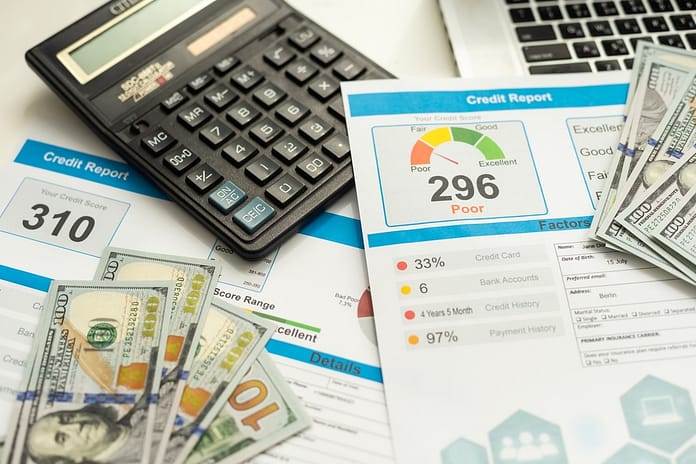Your FICO score is a three-digit number that represents your creditworthiness. It ranges from 300 to 850, with higher scores indicating better creditworthiness. Your FICO score is calculated based on several factors, including your payment history, credit utilization, length of credit history, types of credit used, and recent credit inquiries.

Your FICO score is important because it is used by lenders, credit card companies, and other financial institutions to determine your creditworthiness. A higher score means you are more likely to be approved for loans, credit cards, and other financial products, while a lower score may limit your options or result in higher interest rates and fees.
To improve your FICO score
You should focus on paying your bills on time, keeping your credit card balances low, and avoiding opening too many new credit accounts at once. You should also review your credit report regularly to check for errors or fraudulent activity.
There are several ways to check your FICO score, including through credit bureaus such as Equifax, Experian, and TransUnion, as well as through many credit card companies and other financial institutions. Keep in mind that there are different versions of the FICO score, so the score you see may vary depending on the source.
It’s important to note that your FICO score is just one factor that lenders and other financial institutions consider when making decisions about your creditworthiness. They may also look at other factors, such as your income, employment history, and debt-to-income ratio.
Additionally, it’s important to note that your FICO score can change over time as your credit history and financial situation change. For example, if you miss a payment or open a new credit account, your score may go down. On the other hand, if you pay off a debt or close an account, your score may go up.
It’s also important to understand that different lenders and financial institutions may have different standards for what they consider to be a “good” FICO score. For example, while a score of 700 may be considered good by one lender, another lender may require a score of 750 or higher.
If you’re looking to improve your FICO score, there are several steps you can take. First, make sure you pay your bills on time and in full each month. Late payments can have a significant impact on your score, so it’s important to stay on top of your bills.
Second, try to keep your credit card balances low. Ideally, you should aim to use no more than 30% of your available credit at any given time. This can help you maintain a good credit utilization ratio, which is an important factor in your FICO score.
Third, avoid opening too many new credit accounts at once. Each time you apply for credit, it can result in a hard inquiry on your credit report, which can lower your score.
Finally, review your credit report regularly to check for errors or fraudulent activity. If you notice any mistakes or unauthorized accounts, you should dispute them with the credit bureau as soon as possible.
In conclusion
Your FICO score is a critical component of your financial health, and it’s important to understand what it is, how it’s calculated, and how it can impact your financial options. By focusing on good credit habits and regularly checking your credit report and score, you can improve your creditworthiness and achieve your financial goals.


